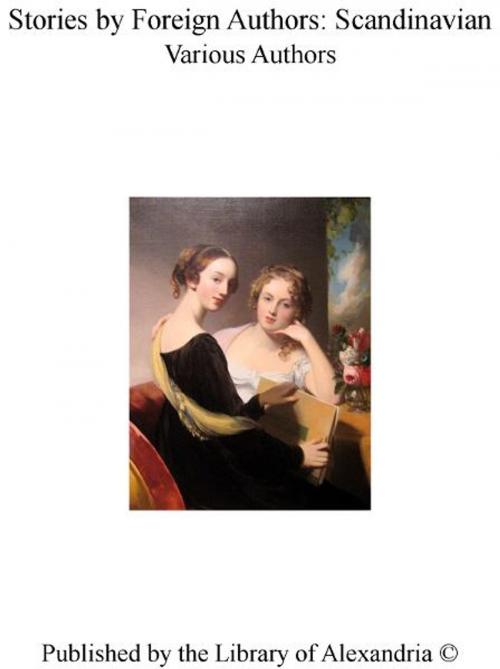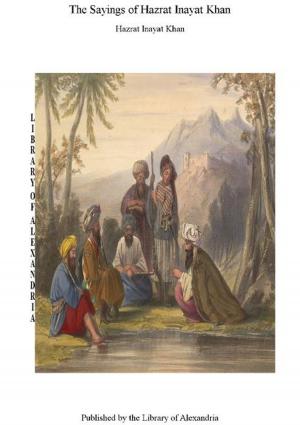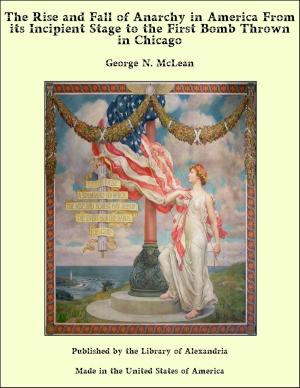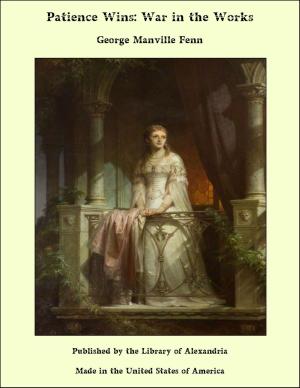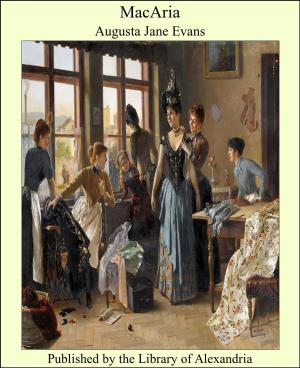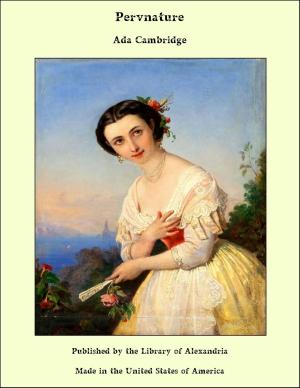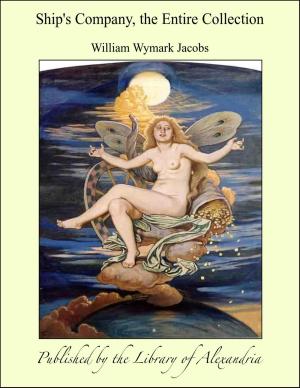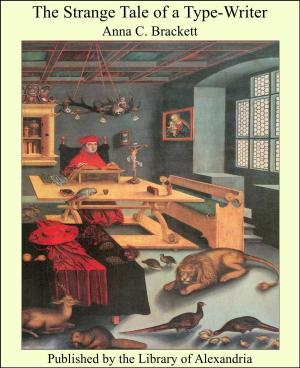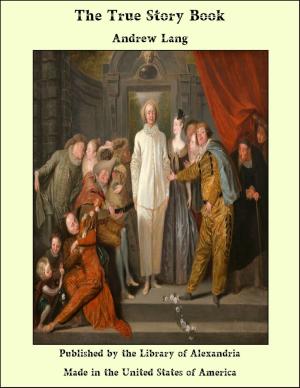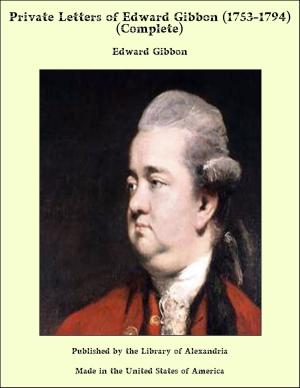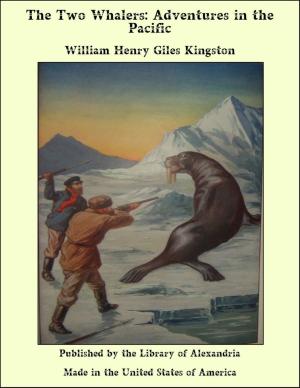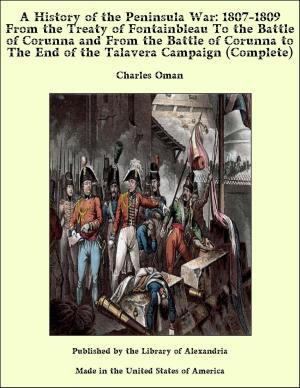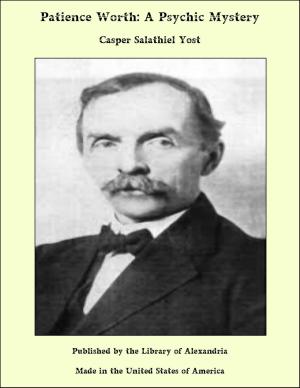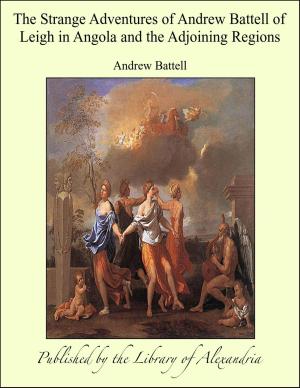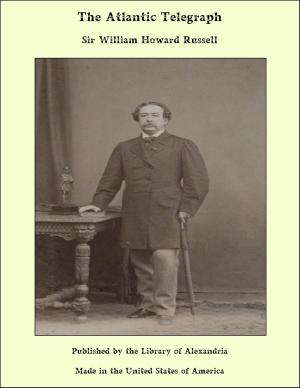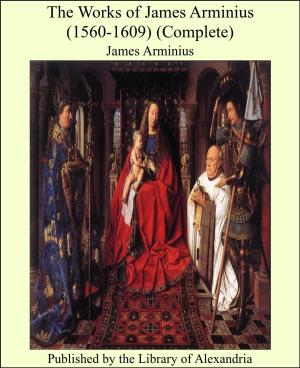Stories by Foreign Authors: Scandinavian
Nonfiction, Religion & Spirituality, New Age, History, Fiction & Literature| Author: | Various Authors | ISBN: | 9781465507433 |
| Publisher: | Library of Alexandria | Publication: | March 8, 2015 |
| Imprint: | Language: | English |
| Author: | Various Authors |
| ISBN: | 9781465507433 |
| Publisher: | Library of Alexandria |
| Publication: | March 8, 2015 |
| Imprint: | |
| Language: | English |
Canute Aakre belonged to an ancient family of the parish, where it had always been distinguished for its intelligence and care for the public good. His father through self-exertion had attained to the ministry, but had died early, and his widow being by birth a peasant, the children were brought up as farmers. Consequently, Canute's education was only of the kind afforded by the public school; but his father's library had early inspired him with a desire for knowledge, which was increased by association with his friend Henrik Wergeland, who often visited him or sent him books, seeds for his farm, and much good counsel. Agreeably to his advice, Canute early got up a club for practice in debating and study of the constitution, but which finally became a practical agricultural society, for this and the surrounding parishes. He also established a parish library, giving his father's books as its first endowment, and organized in his own house a Sunday- school for persons wishing to learn penmanship, arithmetic, and history. In this way the attention of the public was fixed upon him, and he was chosen a member of the board of parish- commissioners, of which he soon became chairman. Here he continued his endeavors to advance the school interests, which he succeeded in placing in an admirable condition.
Canute Aakre belonged to an ancient family of the parish, where it had always been distinguished for its intelligence and care for the public good. His father through self-exertion had attained to the ministry, but had died early, and his widow being by birth a peasant, the children were brought up as farmers. Consequently, Canute's education was only of the kind afforded by the public school; but his father's library had early inspired him with a desire for knowledge, which was increased by association with his friend Henrik Wergeland, who often visited him or sent him books, seeds for his farm, and much good counsel. Agreeably to his advice, Canute early got up a club for practice in debating and study of the constitution, but which finally became a practical agricultural society, for this and the surrounding parishes. He also established a parish library, giving his father's books as its first endowment, and organized in his own house a Sunday- school for persons wishing to learn penmanship, arithmetic, and history. In this way the attention of the public was fixed upon him, and he was chosen a member of the board of parish- commissioners, of which he soon became chairman. Here he continued his endeavors to advance the school interests, which he succeeded in placing in an admirable condition.
